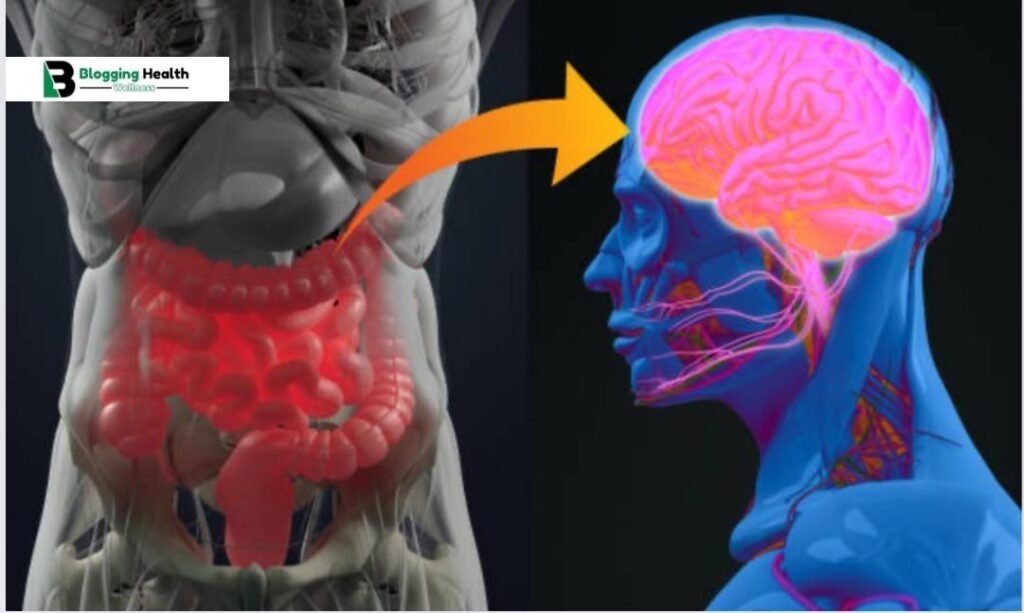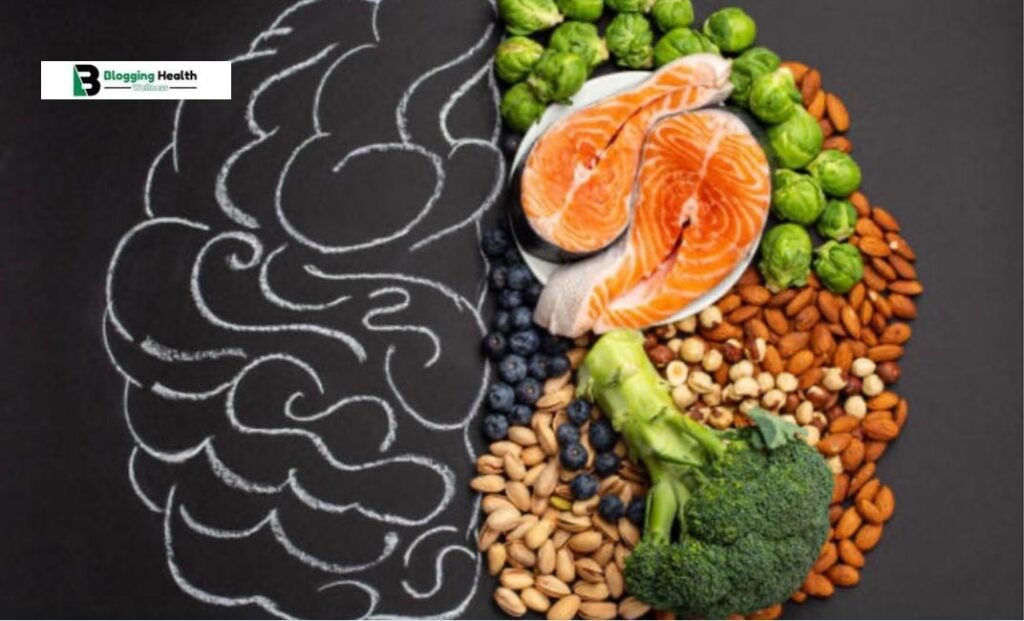The Anxiety and Depression Diet
Mental health is intricately linked to our diet, and emerging research suggests that the food we eat can have a profound impact on our emotional well-being. Anxiety and depression are two of the most common mental health disorders, affecting millions of people worldwide. While therapy, medication, and lifestyle changes are essential for managing these conditions, diet also plays a crucial role. This article explores the connection between diet and mental health, focusing on foods that can help alleviate symptoms of anxiety and depression.
The Gut-Brain Connection
The gut-brain connection is a complex, bidirectional communication system between the gastrointestinal tract and the central nervous system. This connection is facilitated by the gut microbiota, a diverse community of microorganisms that reside in our digestive system. The gut microbiota influences brain function and behavior through various pathways, including the production of neurotransmitters, regulation of the immune system, and modulation of stress response.
A healthy gut microbiota is essential for mental health, and diet plays a significant role in maintaining this balance. Foods that promote a healthy gut can, in turn, support brain health and reduce symptoms of anxiety and depression.

Nutrients for Mental Health
Several nutrients are particularly beneficial for mental health. Here are some key nutrients and the foods that contain them:
Omega-3 Fatty Acids
They have anti-inflammatory properties and can help regulate neurotransmitter function, which is important for mood stability.
- Sources: Fatty fish (salmon, mackerel, sardines), flaxseeds, chia seeds, walnuts, and algae-based supplements.
B vitamins
, especially B6, B9 (folate), and B12, are vital for brain health. They help produce and regulate neurotransmitters such as serotonin and dopamine, which are critical for mood regulation.
- Sources: Leafy greens (spinach, kale), legumes, nuts, seeds, eggs, and fortified cereals.
Vitamin D
Vitamin D deficiency has been linked to increased risk of depression and anxiety. This vitamin is essential for brain health and the regulation of mood.
Magnesium
Magnesium is involved in numerous biochemical reactions in the brain and body. It helps regulate the stress response and promotes relaxation.
Zinc
Zinc is essential for brain function and has been shown to have antidepressant effects. It plays a role in neurogenesis and the regulation of neurotransmitter pathways.
- Sources: Meat, shellfish, legumes, seeds, and nuts.

Foods to Include in an Anxiety and Depression Diet
Incorporating nutrient-dense foods into your diet can help support mental health and alleviate symptoms of anxiety and depression. Here are some foods to include:
Fatty Fish
Rich in omega-3 fatty acids, fatty fish such as salmon, mackerel, and sardines can reduce inflammation and promote brain health.
Leafy Greens
Leafy greens like spinach, kale, and Swiss chard are packed with vitamins and minerals, including magnesium, folate, and antioxidants.
Nuts and Seeds
Nuts and seeds, such as almonds, walnuts, chia seeds, and flaxseeds, provide essential fatty acids, magnesium, and zinc.
Whole Grains
Whole grains like oats, quinoa, and brown rice are rich in B vitamins and fiber, which support gut health and stable energy levels.
Fruits and Vegetables
A variety of colorful fruits and vegetables provide antioxidants and essential vitamins and minerals.
Foods to Limit or Avoid
Certain foods can negatively impact mental health and should be limited or avoided:
Processed Foods
Processed foods, including sugary snacks, fast food, and pre-packaged meals, often contain unhealthy fats, sugars, and additives that can negatively affect mood and energy levels.
Refined Sugars
High intake of refined sugars can lead to blood sugar spikes and crashes, contributing to mood swings and anxiety.
Practical Tips for a Mental Health-Friendly Diet
Prepare Home-Cooked Meals
Cooking at home allows you to control the ingredients and avoid additives and preservatives found in processed foods.
Consult a Professional
If you have specific dietary needs or concerns, consider consulting a registered dietitian or nutritionist who can help you create a personalized eating plan.

Conclusion
Diet plays a significant role in mental health, and making mindful food choices can help alleviate symptoms of anxiety and depression. By incorporating nutrient-dense foods, limiting harmful ingredients, and adopting healthy eating habits, you can support your mental well-being and improve your overall quality of life.


